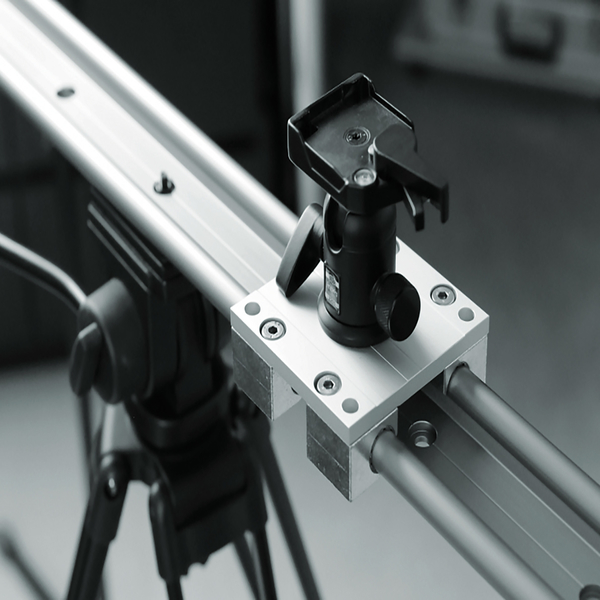Where can I recycle electrical cables ?
The electric cable recycling programme, more commonly known as the chainflex® recycling programme, follows in the footsteps of the energy chain recycling programme, the chainge programme. It is another sustainable step that igus® is taking to help reduce the waste crisis. So, in answer to the question, you can recycle your cables with us!
What is the electrical cable recycling programme by igus®?
In 2024, over 137 billion pounds of e-waste was produced across the world! This statistic means millions of essential materials: gold, copper, aluminium and steel are wasted. It is our responsibility to significantly reduce this to promote a healthier world for future generations and there is no better time to start than right now.
The basis of this programme is to allow cables to be responsibly recycled.
It was introduced in 2022 to help contribute towards the reduction of plastic and copper waste within igus® and to support our customers with this issue together with our proved and tested ISO 14001 recycler. The initiative was pioneered by both John Barker and Daisy Durrant here at igus®. John was the chainflex® product manager at the time and Daisy was the junior chainflex® product manager, who has since taken over from John. She continues to push this programme with her customers and it has become a welcome addition to the igus® sustainable objective.
How the cable recycling programme works

Customers who have electric cables that are now redundant can return them to igus®. Once the cables arrive at igus®, we collaborate with our recycling partner, a re-processor with nearly 40 years of recycling experience, and arrange for the cables to be taken every quarter to reduce the amount of shipments made.
This ensures 100% zero-to-landfill recycling of our electrical cables in the most environmentally friendly way possible.
At the end of the year we calculate the total proceeds that are generated from the copper and donate to tree-planting initiatives across the UK. We are working alongside The Woodland Trust, the largest conservation charity in the UK and we invest in having the correct trees planted, in an area they will thrive. The Woodland Trust also care for the continued protection of the new trees for generations to come.
Recently, we had an organised litter pick alongisde other companies on the Brackmills estate and went to check up on the progress of the trees we had planted, on the left Gemma, our environmental apprentice can be seen with one of our thriving trees!
Tree planting from electrical cable recycling
It’s important to us that we are able to combine this electrical cable recycling programme with a sustainable edge, encouraging more customers to become part of the green incentive. Ensuring we had a partner that we could trust to recycle the copper elements in a positive way was essential for us as a company and as part of this programme. Working with these partners allows the relevant components to be recycled without burning or dissolving in chemicals. The main partner we work with uses water separating to split the materials. This process enables the specific materials to be safely and responsibly recycled.
How can I become part of the electrical cable recycling programme?
Easily! Just send your old, used cables back to igus® and we will do the rest.
We have a dedicated page to the chainflex® recycling programme which gives you all the details on the programme as well as a form you can complete in order for one of the team to get in touch and help organise sending your cables back for recycling. There is no minimum or maximum amount of cables you can donate to this cause; any contribution will help the programme.
We are continuously looking for better solutions, better materials and better product properties. igus® products require no lubrication and no lubricants means less environmental pollution.
Introducing 50% off surplus cable stock
As you can order individual lengths of chainflex® here at igus®, we’re often left with surplus lengths in our warehouse. To avoid waste, whilst making room for new inventory, we are now offering surplus stock at a 50% discounted price, when ordered online.
With lengths up to 50m across our large range of cables, the online shop shows all available surplus lengths for your chosen cable on the product page. Don’t miss out on a 50% discount and up to a 4-year guarantee on all surplus lengths!

Read more on sustainability topics here



